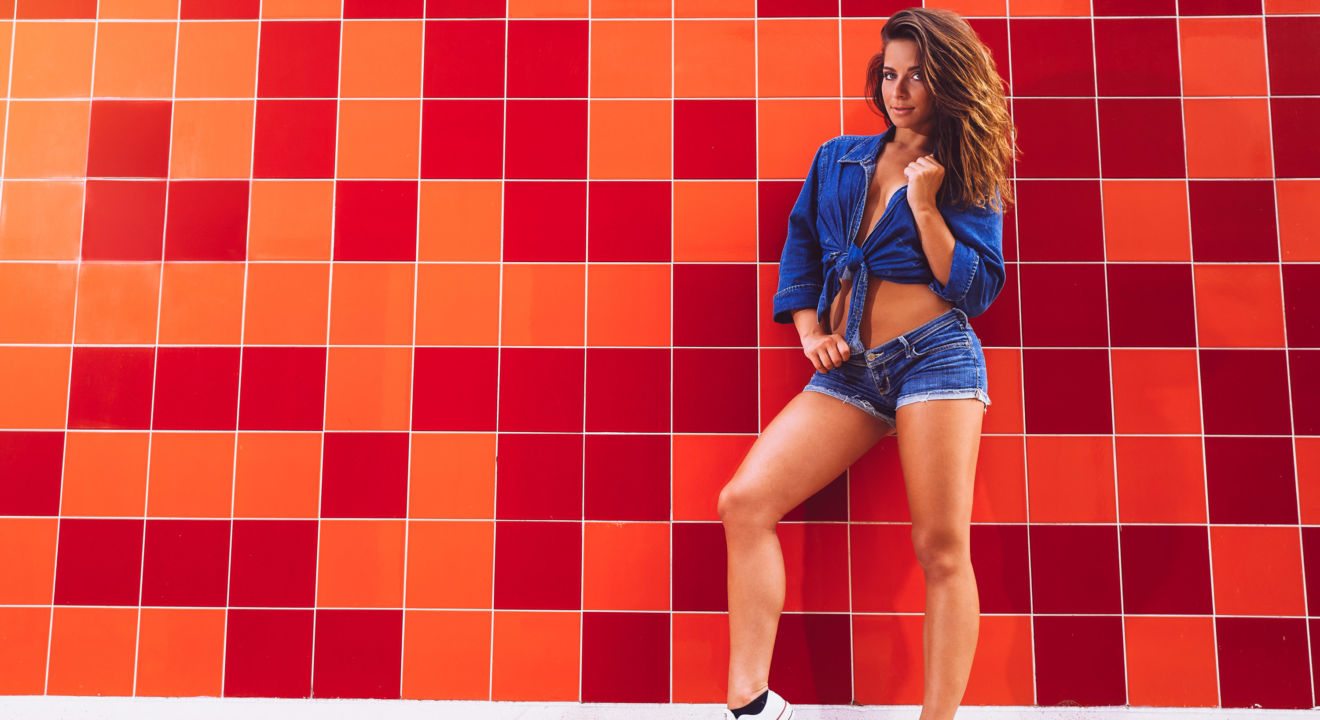March 6, 2017


As a society, we have made so many strides towards learning to accept (or at least acknowledging the idea) that “woman” and “feminine” don’t translate to “submissive” and “sexualized.”
Despite these successes, however, the images pervading pop culture, particularly hip-hop culture, today are still promoting vivid images of women in hypersexual contexts. Today, the objectification of women is still a popular, promoted image. Mainstream hip-hop, especially, provides a cultural frame for examining the societal beliefs of the various feminine archetypes: a “main chick,” a “bad bitch,” a “side chick,” etc.
For example, if we look at “Trap Queen” by Fetty Wap, the lyrics say:
Seen your pretty ass soon as you came in the door . . .
Showed her how to whip it, now she remixin’ for low
She my trap queen, let her hit the bando . . .
Man, I swear I love her how she work the damn pole
Hit the strip club, we be letting bands go . . .
She ain’t wanting for nothin’ because I got her everything
From the beginning of the song, he talks about how “pretty” her “ass” is. He also describes her next to a pole in a strip club. Throughout the song, he talks about how this woman is his “trap queen,” this woman on a pole with a nice “ass” is the kind of woman that he has and wants.
And if men aren’t singing about it, then women are exemplifying it.
Songs that get viral such as Nicki Minaj’s “Anaconda” and Rihanna’s “Work,” show female artists in provocative attire, dancing and grinding explicitly, and singing about how “he love this fat ass.” There’s this very clear image that women with curvaceous bodies (something often attributed to black women and will be discussed later) are the most attractive. And these images and this type of culture are problematic for various reasons.
For one, hypersexualization can lead many young women to self-esteem issues, depression, and eating disorders. It carries a very specific idea of a “desirable woman.” According to Dove’s Self Esteem Project, hypersexualization inappropriately imposes the requirement to act in “adult, sexual ways.” If not through popular music, then it’s done through product marketing. The article gives the example of thongs produced for seven-year-old girls which are advertised by showing young girls in “sex poses and girls dressing up provocatively to their favorite star’s often very adult lyrics.” From a very young age, women are taught that they need to be sexual to get attention.
Another problem is the fact that these female archetypes are as racial as they are gendered. Dr. Edward Rhymes, an internationally recognized authority in critical race theory and Black studies, writes on AlterNet: “Historically, White women, as a category, have been portrayed as examples of self-respect, self control, and modesty – even sexual purity – but Black women were often (and still are) portrayed as innately promiscuous, even predatory.” Sexual promiscuity, then, is especially racialized to women of color. This rampant and racial hypersexualization within the industry is what has made it increasingly difficult to steer away from the pornographic-type image. Not only does it make it hard for women to succeed in hip-hop and rap, but it also pushes women to adopt whatever racial archetype is associated with them. So your options are then left to either singing about how sexy it is to have a thigh gap or how much better it would be to have thick thighs and a booty.
In Beyond the Lights star Gina Prince-Bythewood’s interview with Huffington Post, she reveals, “I thought that it was important to talk about the underbelly of the industry. All we see are the fun parts of the job and all of the great shots on Instagram. There is another world that we’re not tweeting about. It’s tough for female artists, there’s a blueprint they are forced to follow.” According to the article, this “blueprint” refers to the way artists are pushed to create a specific persona – to be turned into specific brands. For women, this “persona” is often a sexualized one. As Prince-Bythewood says, “You’re fearful that if you ever drop the persona and all that love is going to go.”
It’s definitely one thing to choose to be a sexual being. I’m not here talking about how women can’t be sexual because I do believe that they can. However, when sexuality is imposed on them because that’s the only way they’ll get put out there, then that’s another problem.
For example, Nicki’s newest album, The Pinkprint, has numerous songs that talk about her experiences, her lifestyle, her struggles – something for which hip-hop has always been a platform. “All Things Go” is an incredibly emotional and personal song. It talks about her cousin who was killed in a “senseless act of violence.” It shows remorse, guilt, and pain. She also opens up about her relationship with her mother and how she’s lost a child. But despite this, one of her most popular songs on the album is “Anaconda.”
So yes, it’s hard to drop that sexualized persona – especially if that’s one of the fastest (if not only) ways you’ll get out there. Yes, you can choose to be sexual. But where is the line drawn? Do female artist today have much of a choice?